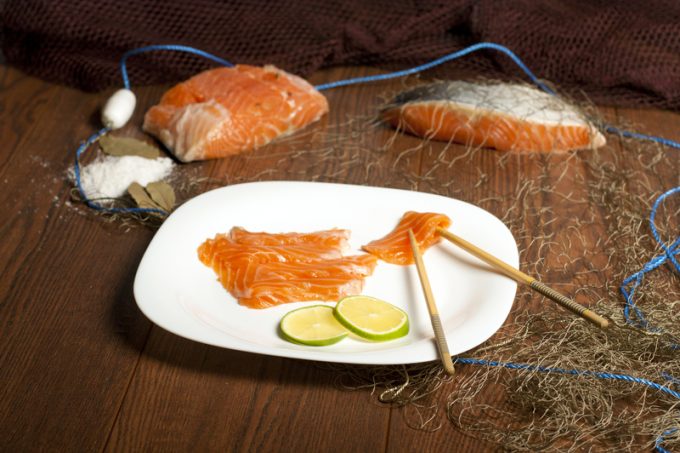Russia said to be sending incendiary devices in European parcels
European logistics companies have been warned that “unconventional incendiary devices” are being sent via freight ...

Dutch flower exporters and Norwegian salmon farmers could see their transport costs to Asia cut by 80%, following a change in Russian regulations.
The ministry of transport announced that since July 1, domestic and international carriers would be able to transport sanctioned perishable products via train through Russia to third countries, provided electronic seals, which can track the cargo, are used.
“The system will allow using the huge transit and logistics potential of the country, increase the transit volume by 82,000 ...
Asia-USEC shippers to lose 42% capacity in a surge of blanked sailings
USTR fees will lead to 'complete destabilisation' of container shipping alliances
Outlook for container shipping 'more uncertain now than at the onset of Covid'
New USTR port fees threaten shipping and global supply chains, says Cosco
Transpac container service closures mount
DHL Express suspends non-de minimis B2C parcels to US consumers
Zim ordered to pay Samsung $3.7m for 'wrongful' D&D charges
Flexport lawsuit an 'undifferentiated mass of gibberish', claims Freightmate
Uncertainty over US tariffs sparks interest in bonded warehouses for imports
Cancelled voyages take the sting out of spot rate declines this week
Shippers warned: don't under-value US exports to avoid tariffs – 'CBP will catch you'
Blanked sailings in response to falling demand 'just a stop-gap solution'

Comment on this article